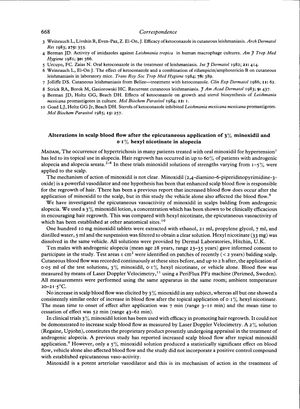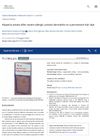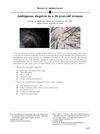Alterations in Scalp Blood Flow After the Epicutaneous Application of 3% Minoxidil and 0.1% Hexyl Nicotinate in Alopecia
November 1987
in “
British Journal of Dermatology
”

TLDR Minoxidil didn't increase scalp blood flow for hair growth, but hexyl nicotinate did.
In a study conducted 36 years ago, researchers investigated the effect of 3% minoxidil and 0.1% hexyl nicotinate on scalp blood flow in ten male subjects with androgenic alopecia. The study aimed to explore the mechanism behind minoxidil's ability to promote hair regrowth, hypothesizing that it might be due to increased scalp blood flow. Using Laser Doppler Velocimetry, the researchers found that 3% minoxidil did not increase scalp blood flow in any of the subjects, while 0.1% hexyl nicotinate did lead to an increase in all but one subject. The onset of the effect of hexyl nicotinate was around 7 minutes, with the effect lasting for an average of 52 minutes. These findings suggest that vasodilation may not be the mechanism by which minoxidil promotes hair growth in the treatment of alopecia, indicating that further research is needed to understand the drug's properties and its relationship with hair growth.










